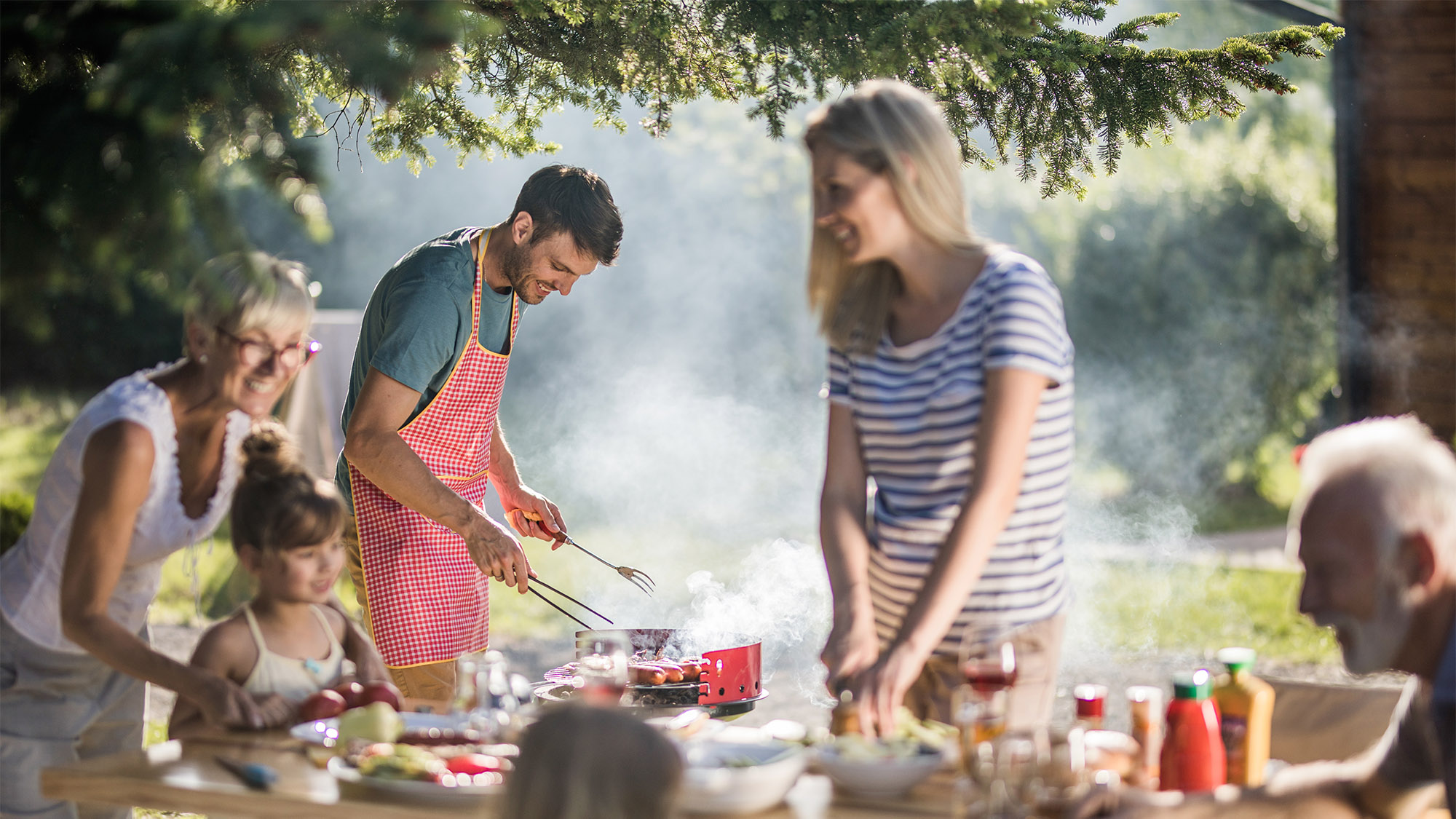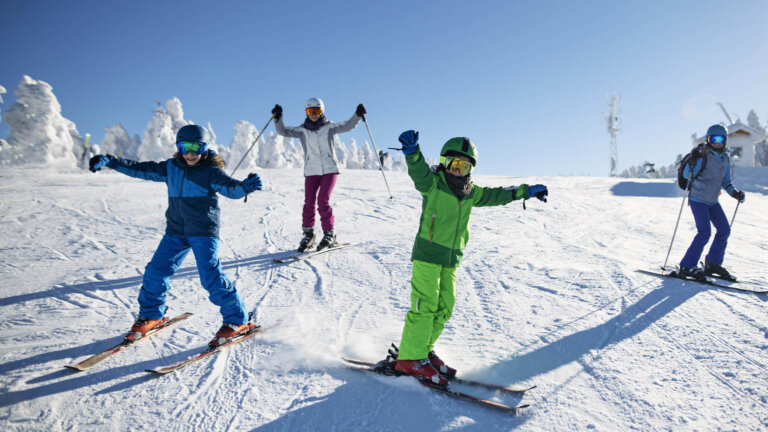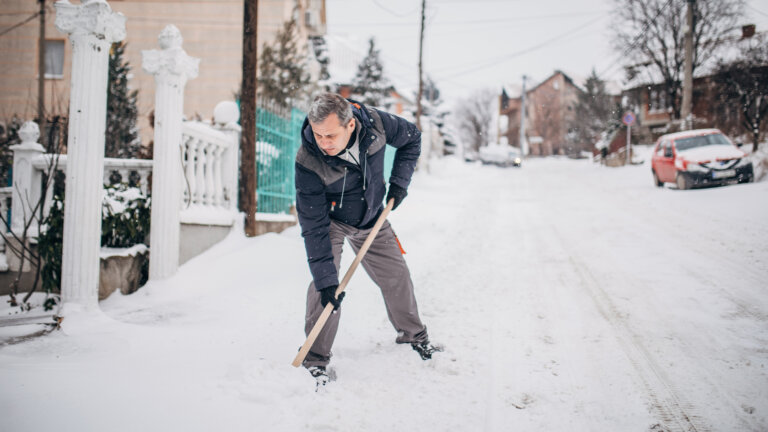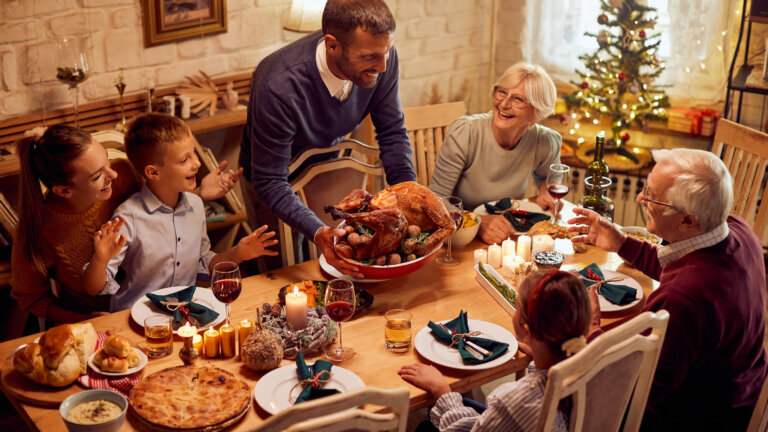Barbecues are starting to sizzle in all the gardens. The sun and this confinement is a good recipe for taking advantage of outdoors with the family. It’s a perfect event to make the best of this great weather, but be careful! The risk of accidents within the home is very real. Here are some tips to ensure you enjoy your barbecues safely.
Prepare the barbecue area
- Get rid of the piece of cardboard which is used to wedge that loose/ wobbly foot supporting your barbecue. Try and fix it and ensure you find a flat and clear surface so will not drop a charcoal or a sausage on the ground.
- Maintain an adequate distance from walls, trees and any vegetation –the flames can go up high.
- Keep a fire extinguisher nearby, visible to everyone (and learn how to use it). Otherwise a bucket of water, sand or a garden hose are other useful precautions.
- It is raining? That is not good for barbecuing, but do not take the risk of putting a cover or canopy over the barbecue, also never barbecue indoors or in confined spaces. Charcoal barbecues produce carbon monoxide (CO) fumes, which can be fatal in unventilated areas.

Good habits during barbecuing
Some people know how to light a fire with two pieces of wood, but most of us need assistance. Lighter fuel, methanol or petroleum is a very, very flammable product which can cause large surge of flames. Use only the recommended briquettes and ignition fluids.
- Protect yourself with a thick apron and long gloves that cover the forearm. Use utensils with very long handles designed for barbecues.
- Keep children and pets away from the barbecue.
- Do not move the barbecue when it is ignited.
- The same for storing or covering the barbecue after cooking, wait until the coals are cold.
Gas or charcoal barbecue: what is your preference?
The two do not work in the same way. Gas barbecues are generally safe if they are properly maintained and regularly checked.
Have you chosen for gas butane version? Perform this little check-up at the start of each season:
- Inspect the pipes for any holes or cracks.
- Check for blockages, especially in the gas jets that supply the fuel to the burners. These can be caused by food residue, spiders, insects or corrosion.
- Check for leaks by running a soapy solution down the pipes and over the fittings. Open your gas cylinder and watch for bubbles.
- Route the hoses away from hot areas and where grease cannot run over them.
- Butane cylinders can be stored indoors, but propane cylinders should always be stored outdoors. In both cases, check that the valves are closed properly when you are not using them.
Know what to do in the event of an accident
In the event that a barbecue fire spreads to your property, call 112 immediately.
Of course, the best way to enjoy a summer of outdoor barbecues is to take steps to prevent accidents and to take prompt action when needed.
Bon appétit, in the sun!



